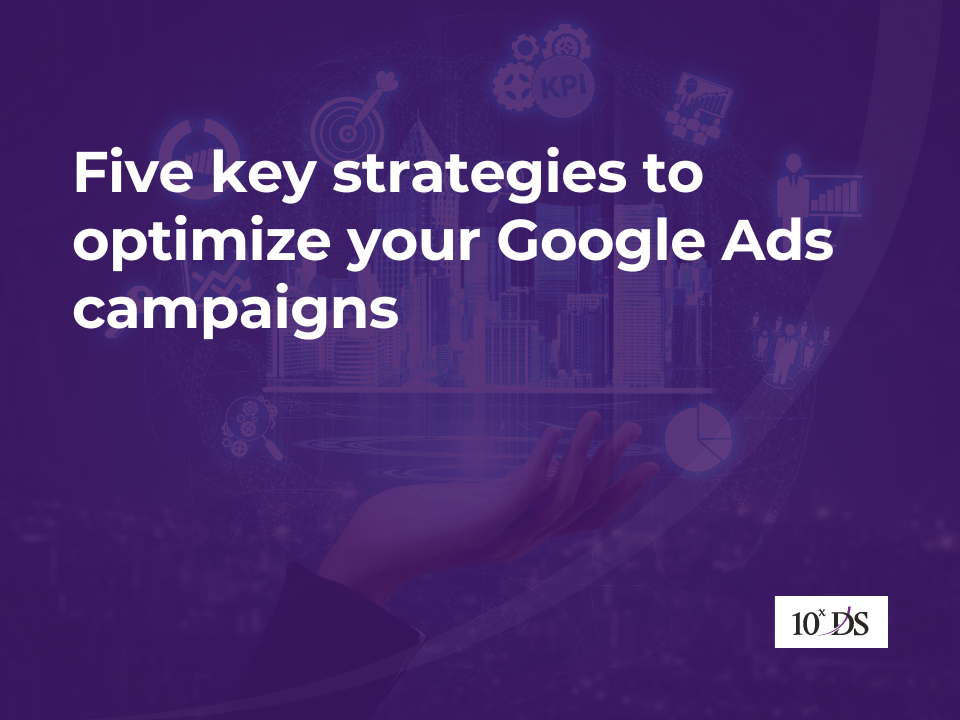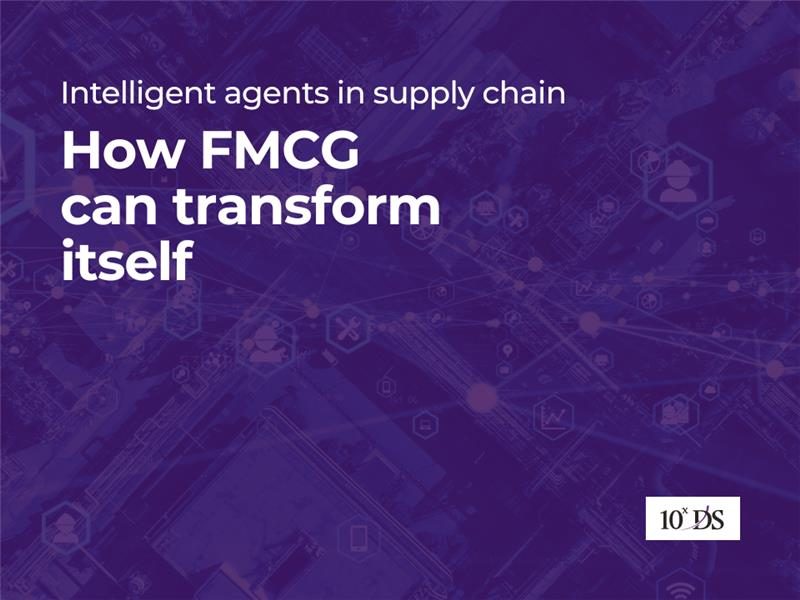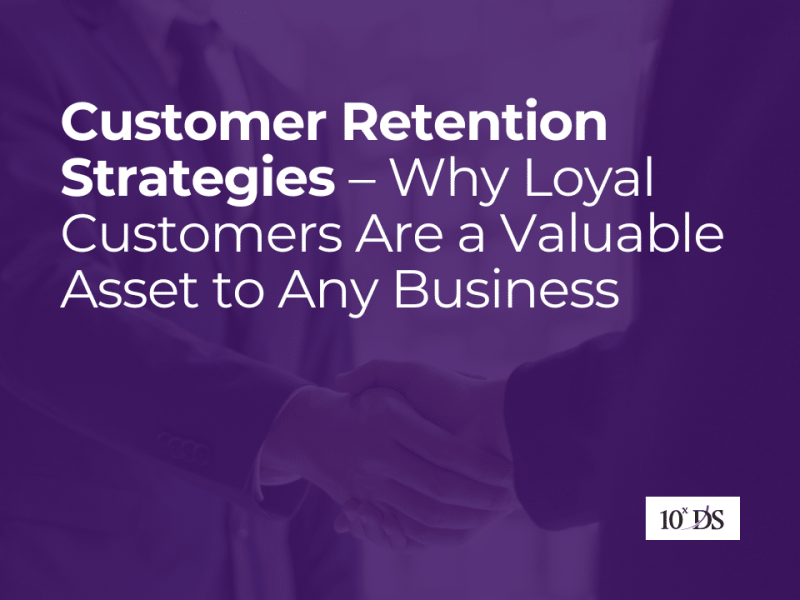
Five key strategies to optimize your Google Ads campaigns
In today’s digital age, Google Ads reigns supreme as one of the most powerful platforms for online advertising. However, achieving success with Google Ads requires more than just setting up a campaign and letting it run. To truly optimize your campaigns and maximize your results, it’s essential to implement strategic approaches that ensure every dollar spent brings a significant return on investment. Here are five key strategies to consider if you’re looking to optimize your Google Ads campaigns and boost your results:
1. Improve Google Ads Audience Targeting
One of the most common pitfalls in Google Ads campaigns is the neglect of audience targeting, resulting in wasted ad spend. Neglecting audience targeting in Google Ads campaigns can have detrimental effects on campaign performance, resulting in wasted ad spend, lower engagement rates, and reduced ROI. It underscores the importance of refining audience settings to ensure that ads are shown to the right people at the right time, maximizing the effectiveness of the campaign. To mitigate this issue, it’s crucial to refine your audience settings to align with your campaign objectives and demographics. Consider factors such as interests, habits, and previous interactions with your ads or website. Google provides valuable tools such as in-market and affinity audiences, and you can further enhance targeting by creating custom segments using URLs, customer lists, and keywords. By honing in on the right audience, you can significantly increase the effectiveness of your ads and drive better results.
2. Enhance Future Conversions with Conversion Tracking:
An often-overlooked aspect of Google Ads campaigns is the proper setup of conversion tracking. It can result in missed opportunities for optimization, inefficient resource allocation, and a lack of insight into the true performance and ROI of advertising efforts. Without accurate tracking in place, it’s challenging to measure the effectiveness of your ads in driving valuable actions such as purchases or sign-ups. To address this issue, it’s essential to implement conversion tracking and set up conversion goals within Google Ads. By linking these goals to your website or app, you can gain valuable insights into user behaviour and optimize your campaigns to maximize conversions in the future.
3. Focus on Keyword Relevance & Targeting:
One of the main challenges in Google Ads is ensuring that your ads appear for relevant search terms. Ads that do not appear for relevant search terms may receive lower Quality Scores, which can negatively impact ad positioning and ad rank. Lower Quality Scores can also result in higher costs per click (CPC) and decreased ad visibility. This requires conducting thorough keyword research to identify high-performing keywords that are relevant to your business. Additionally, it’s crucial to utilize negative keywords to exclude irrelevant queries and optimize your keyword match types (broad, phrase, exact) to ensure that your ads are shown to users who are most likely to convert. By focusing on keyword relevance and targeting, you can improve the overall performance of your campaigns and drive better results.
4. Manage Negative Keyword Lists:
Failure to establish and regularly update negative keyword lists can result in wasted ad spend and poor campaign performance. To address this issue, it’s important to regularly review and update your negative keyword list to exclude terms that don’t align with your offerings. By doing so, you can prevent your ads from appearing for irrelevant searches, thereby improving the efficiency of your campaigns and increasing your return on investment.
5. Integrate Your Google Business Profile:
Google Business Profile with ads provides advertisers with a powerful tool to enhance their local visibility, improve ad relevance, drive user engagement, and ultimately, increase conversions and business growth. Many advertisers overlook the opportunity to integrate their Google Business Profile with their ads, missing out on valuable benefits. By connecting your Google Business Profile, you can enhance your local visibility and provide potential customers with additional information such as business hours and reviews directly in your ads. This not only makes your ads more informative and engaging but also encourages user engagement and increases the likelihood of conversions.
By implementing these five strategies, you can take your Google Ads campaigns to the next level and achieve better results. Remember, continuous optimization and refinement are key to staying ahead in the competitive landscape of online advertising. So don’t be afraid to experiment, analyze your results, and adapt your strategies accordingly to ensure ongoing success with Google Ads. Let us examine two real-life case studies.
1. Endy: A Canadian direct-to-consumer (DTC) brand specializing in mattresses uses Google Ads campaign effectively. Endy personalizes its pre-click and landing page experiences for its Canadian audience. Their ad highlights “Canada’s Best Mattress” and offers a free weighted blanket. The landing page reinforces the same message with uniquely Canadian imagery, creating a seamless experience for users.
2. Squarespace: Known for its user-friendly website-building platform, Squarespace’s Google Ads campaign emphasizes being the “Best Ecommerce Platform.” The attention-grabbing headline draws users in, making them curious about what sets Squarespace apart.
In conclusion, creating effective Google Ads campaigns requires a strategic approach that encompasses audience targeting, conversion tracking, keyword relevance, negative keyword management, and integration with Google Business Profile. By refining audience targeting to align with campaign objectives, implementing conversion tracking to measure valuable actions, focusing on keyword relevance and targeting, managing negative keyword lists, and integrating Google Business Profile with ads, advertisers can maximize the performance and ROI of their campaigns. Continuous optimization and refinement are key to success, as advertisers must regularly monitor and adjust their campaigns based on performance data and user feedback. With careful planning, execution, and ongoing optimization, advertisers can create Google Ads campaigns that drive meaningful results, engage target audiences, and achieve business objectives effectively.
Talk to our digital marketing experts to learn more


